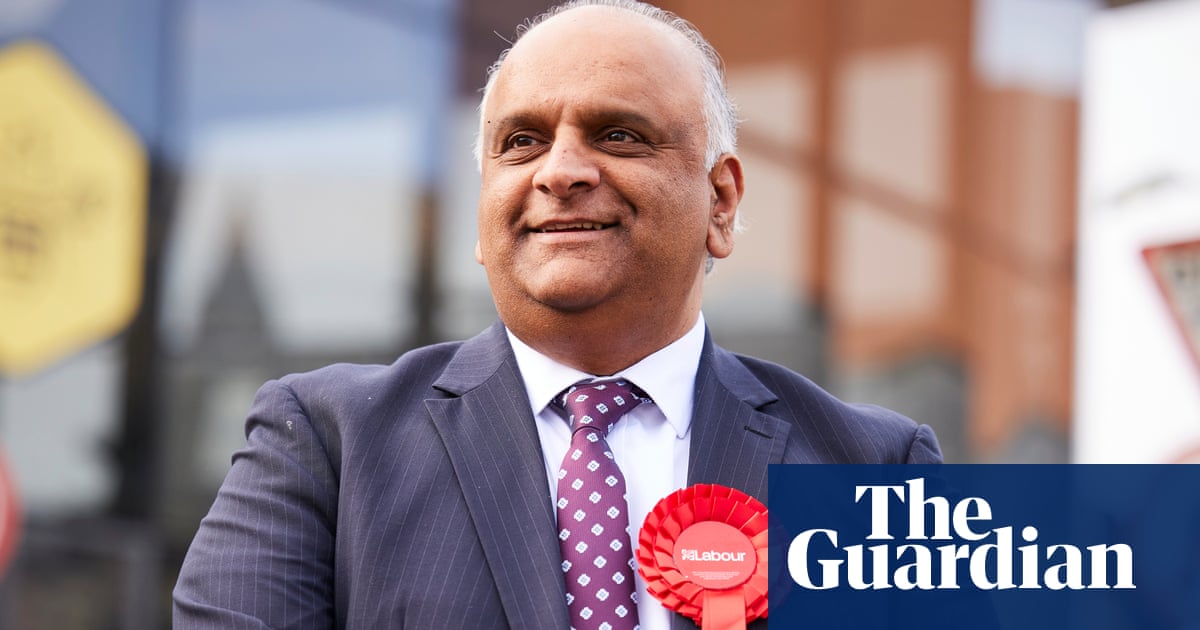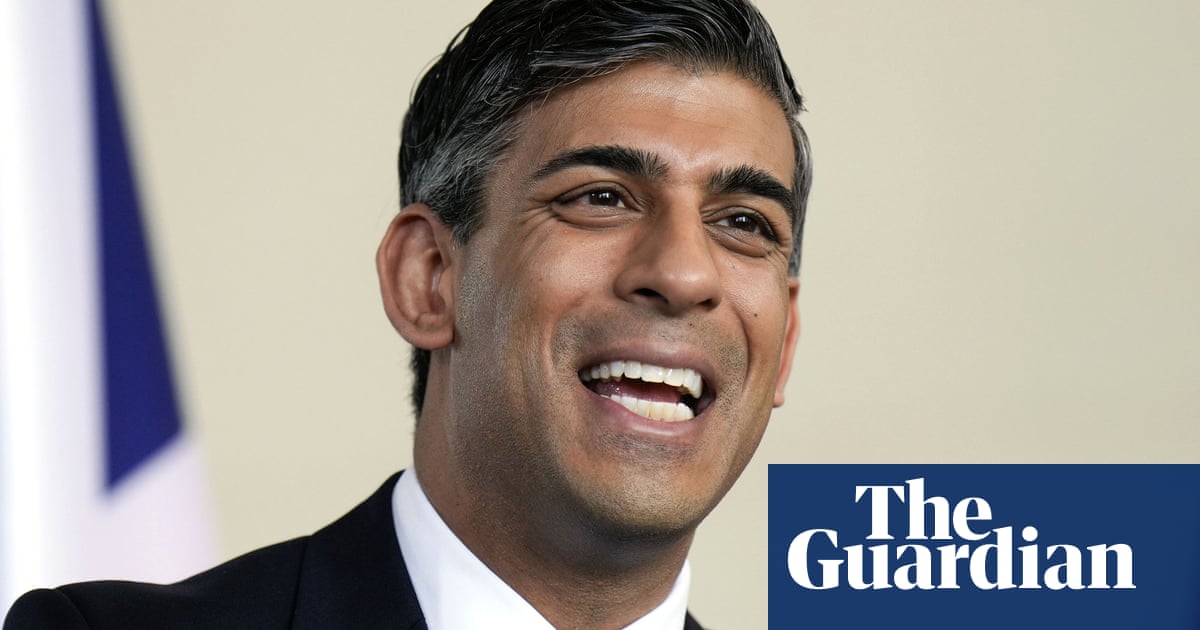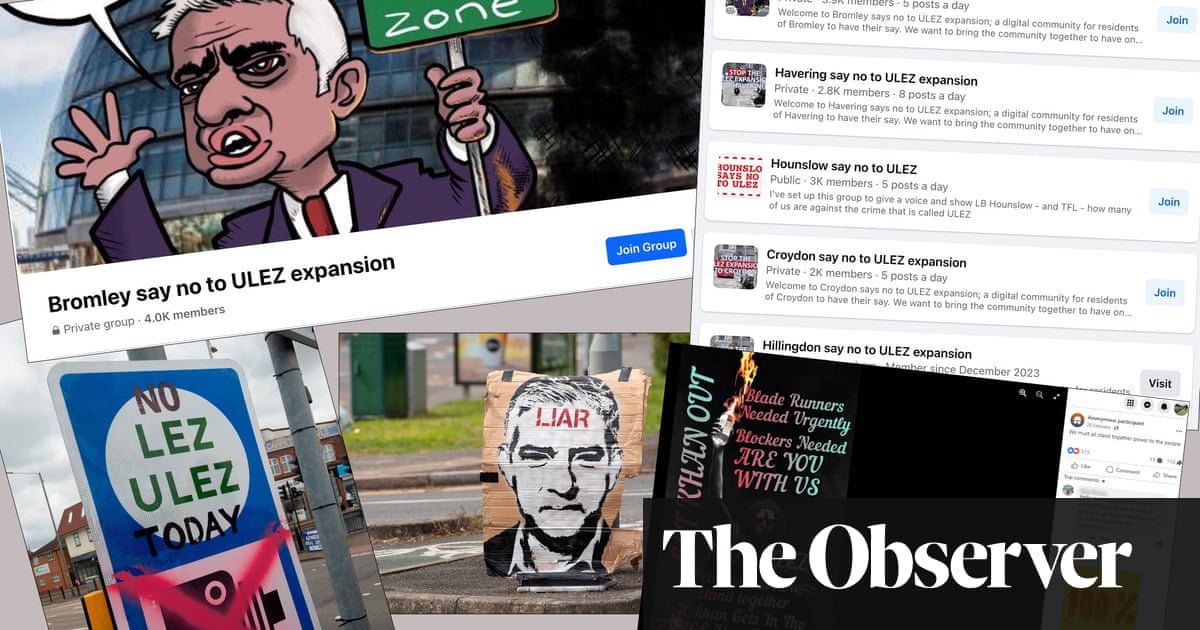Azhar Ali case demonstrates difficulty of selecting suitable would-be MPs | Labour


Social media is trawled, past comments examined and interviews undertaken, as political party candidates submit themselves to an intense vetting process that has only tightened in recent years.
However, the case of Azhar Ali, the candidate Labour selected in Rochdale, once again underlines the difficulty of choosing parliamentary hopefuls who will be able to withstand the scrutiny of political life.
Ali originally had the support of many in the Labour Jewish community, who regarded him as an ally before his comments emerged that suggested Israel “allowed” the 7 October attacks to happen and “people in the media from certain Jewish quarters” were fuelling criticism of a pro-Palestinian Labour MP.
Senior Labour figures say it was impossible to have known that Ali would circulate such conspiracy theories, having made publicly very different pronouncements. It is understood there were no “flags” about Ali from the vetting process or conversations with those who knew him well.
Likewise, Graham Jones, the candidate for Hyndburn, who was ditched for referring to “fucking Israel” in the same meeting as Ali, had been an MP previously for many years before being caught out with the comments on tape.
However, the pressure is now mounting on Labour to overhaul its vetting process to avoid the type of protracted row that has engulfed the party over the last three days – and the damage done to recovering relations with the Jewish community.
Mike Katz, of the Jewish Labour Movement, suggested that improvements to due diligence could specifically cover the rise in conspiracy theories and inflammatory views that have sprung up since the 7 October attacks and subsequent war in Gaza.
Louise Ellman, the former Labour MP and vice-president of the Jewish Leadership Council, also argued that there “clearly hasn’t been proper scrutiny in selecting candidates”, and urged the party to be more careful in future.
The Conservatives are reported to have undertaken stricter scrutiny this time – opting for American-style psychometric testing and more stringent background checks in order to avoid the scandals that beset the party with the 2019 intake after many candidates unexpectedly won.
In light of the recent furore in Rochdale, Labour will undoubtedly be looking even more closely at what candidates are saying – especially on Israel and Gaza – in order to avoid a string of damaging controversies in the run up to the election.
However, improving the vetting process is almost always a shorthand for more control by central parties over the selection of candidates, which brings its own problems in terms of democratic choice.
Local party members have a key role in choosing their next parliamentary hopeful from shortlists in both the Conservatives and Labour. There are frequently accusations of “stitch-ups” by party headquarters or powerful local factions.
after newsletter promotion
Labour in particular is often accused of being too heavy-handed in the way it shortlists candidates and ensures its favoured choices are on the ballot paper.
Extra vetting can go so far in weeding out unsuitable candidates but widening the selection pool to attract better quality parliamentary hopefuls could go even further.
In her 2018 book, Why We Get the Wrong Politicians, Isabel Hardman argued that MPs are drawn from too narrow a section of society because the costs are prohibitive and the drawbacks of the abuse and pressure suffered by MPs attracts a certain kind of person.
In 2022, she wrote: “We are still getting the wrong politicians, and the ones we have are in many cases actively making things worse.” It is hard to argue things have changed since then.
Source link




